Sustainable eating trends
Norway is already publicly recognized by almost every foodie as being home to some of the tastiest cuisine options in the world, with some truly exquisite national recipes like lutefisk and pinnekjøtt originating in Nordic countries. But what you may not know is that Norway is also a leader in bio-farming and sustainable food production.

This is largely thanks to the Norwegian government taking actions like publishing a new action plan entitled Food, People and the Environment that specifically aims at increasing the sustainability of the country’s food production. This plan covers goals to achieve in the food industry by 2023, with a large portion of these goals centered around how to put a bigger focus on environmentalism and sustainability in every aspect of the industry.
But what exactly is going to be done and what are we currently seeing people do across the country? To help answer those questions, here is a breakdown of the current sustainable eating trends being implemented.

Diversity in Food Production
While it may seem like there are a lot of different food options out there, most of our diets are surprisingly limited. According to the UN’s Food and Agriculture Organization, about 75 percent of the global food supply is derived from only five animal species and 12 crops. This is quite surprising considering the fact that there are thousands of edible plant species throughout the world. Therefore, you can expect to see many different types of food starting to be produced more frequently across the Nordic countries as well as the rest of the world.
In fact, there are 50 future foods that Knorr and WWF-UK have declared the best types of food that should be more publicly produced all throughout the world. These are food species that either has vitamin-rich flowers, pest-resistant grains, drought-defying roots, or some other ecological benefit. Therefore, they are able to be grown in a wide variety of conditions, including the cold winter weather present in the Northern farmland in Norway, and can also contribute to environmentalism while sustainably feeding the Norwegian population.

Reduction in Soya and Fishmeal-Based Animal Feed
It is no secret that animal-based food production is less sustainable than plant-based food production. This is because it takes significantly more water, land, and other resources in order to take care of livestock as compared to grains, fruits, and vegetables. But with livestock being Norway’s biggest agricultural product, the amount of animal-based food production is not being drastically reduced anytime soon. Therefore, Norwegians are being forced to find other ways of making their food production industry more sustainable.
One of the ways they’re tackling this issue is by transitioning from soya and fishmeal-based animal feed. This is because both of these products make animal feed significantly less sustainable. Instead, they are starting to be replaced with algal, insect, and leguminous protein feeds.
These materials require far fewer resources in order to produce them and are able to deliver better results when being fed to livestock. And although they have only just started experiencing a slow buildup in popularity, they are expected to be used far more widely in areas like Oslo within the next few years.

Bigger Push for Organic Farming
The increased focus on environmentalism in the past decade has led to GMOs and synthetic fertilizers and pesticides coming under direct fire for their damaging effects on the environment. This has been good news for the organic farming industry, which has seen a sharp increase in popularity. The boom has even led to the development of a significant bio-farming sector in Oslo and the rest of Norway.
By avoiding the use of any synthetic chemical pesticides and fertilizers, this ecological farming is capable of producing the same amounts of food while minimizing the amount of soil compaction and erosion that occur. Therefore, a foodie is able to enjoy their delicious Norwegian food without worrying about whether or not there were any significant environmental consequences as a result of producing the ingredients.

To help further promote the production and use of organic food products, the Norwegian Food Safety Authority accredited the organization Debio as the place in charge of inspecting and approving all farms that wish to be branded as an approved organic food production source. Once someone goes to buy a food product and sees that Debio sticker, they will know that it is an organic product that they can trust to be produced sustainably.
Through these combined efforts, Norway is quickly becoming a leader in sustainable food production. If you are interested in Norwegian food and cuisine, check out some of our National Dishes, or one of our exciting Food Tours in Norway.
Eco-friendly activities
We have loads of eco-friendly activities available all over Norway. This is just a small sample of some of our most popular alternatives. You can see all our activities here.

Bestseller
Electric minibus to Stegastein
Flåm • 1 hr 30 min
From 430NOK
Available 1 May - 28 February
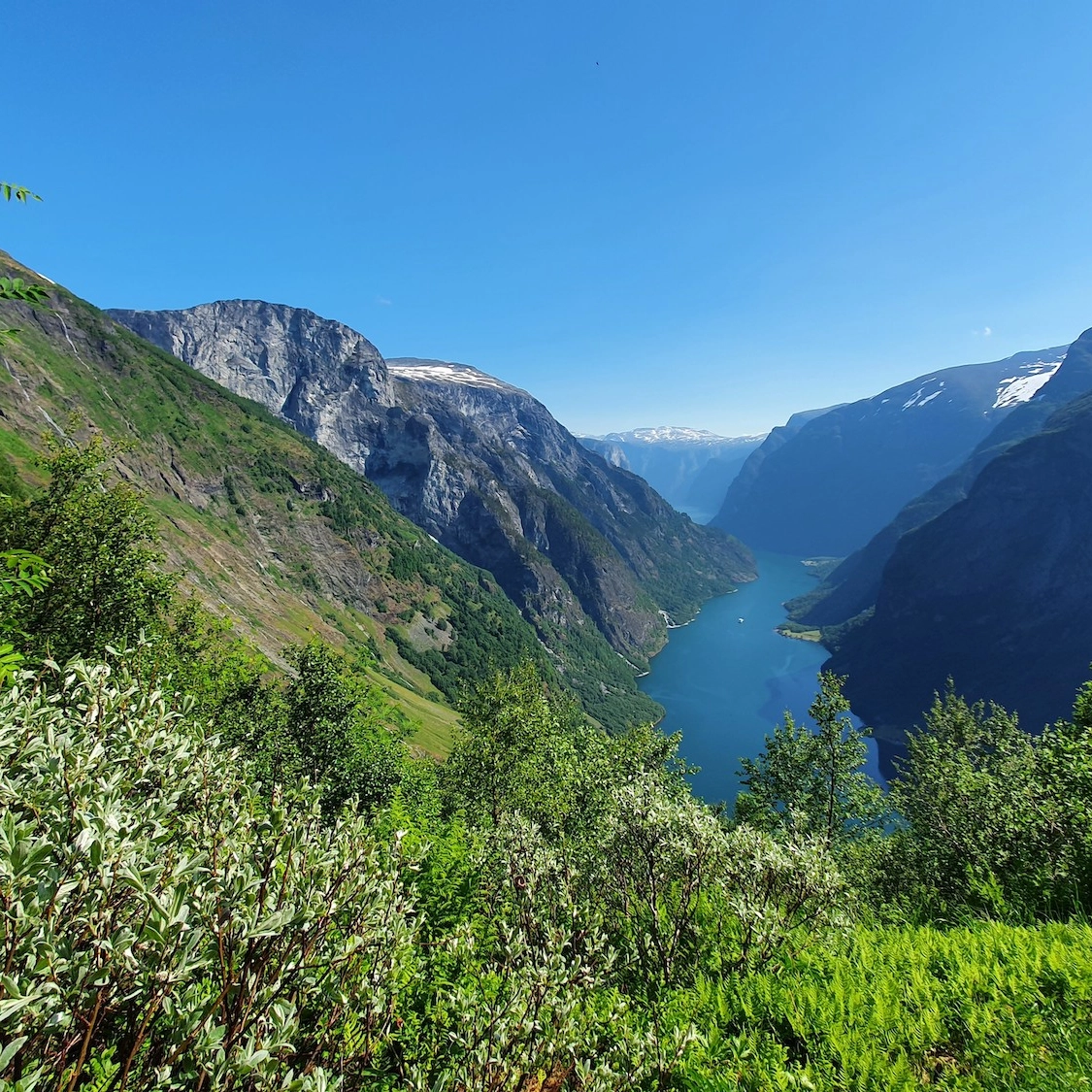
Travelers love this!
UNESCO Nærøyfjord hike
Multiple locations • 8 hr
From 3190NOK
Available 5 May - 25 October
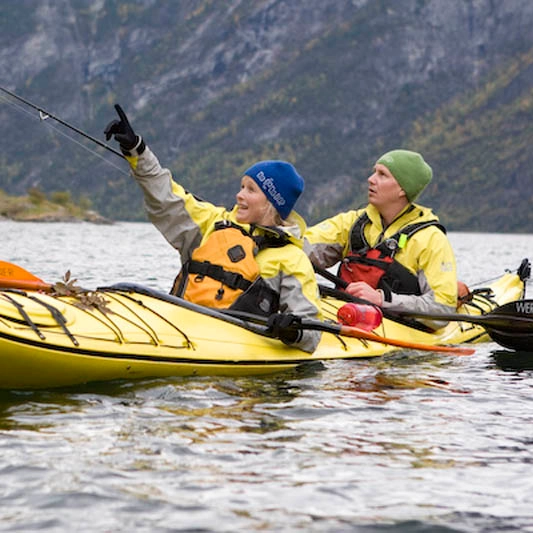
Bestseller
Kayaking in Flåm
Flåm • 3 hr
From 1235NOK
Available 1 May - 30 September

Guided UNESCO walking tour in Bergen
Bergen • 2 hr
From 695NOK
Available all year

Canyoning in Valldal
Valldal • 3 hr
From 1399NOK
Available 1 August - 30 September

E-bike rental in Geiranger
Geiranger • 2 hr
From 490NOK
Available 30 April - 31 October

In high demand
Guided segway tour in Bergen
Bergen • 2 hr
From 795NOK
Available 1 May - 30 September

Silent whale watching cruise in Tromsø
Tromsø • 9 hr
From 1790NOK
Available 25 October - 31 January

Bestseller
Electric minibus to Stegastein
Flåm • 1 hr 30 min
From 430NOK
Available 1 May - 28 February

Travelers love this!
UNESCO Nærøyfjord hike
Multiple locations • 8 hr
From 3190NOK
Available 5 May - 25 October

Bestseller
Kayaking in Flåm
Flåm • 3 hr
From 1235NOK
Available 1 May - 30 September

Guided UNESCO walking tour in Bergen
Bergen • 2 hr
From 695NOK
Available all year

Canyoning in Valldal
Valldal • 3 hr
From 1399NOK
Available 1 August - 30 September

E-bike rental in Geiranger
Geiranger • 2 hr
From 490NOK
Available 30 April - 31 October

In high demand
Guided segway tour in Bergen
Bergen • 2 hr
From 795NOK
Available 1 May - 30 September

Silent whale watching cruise in Tromsø
Tromsø • 9 hr
From 1790NOK
Available 25 October - 31 January
Sustainability in Norway
Articles that showcase adventure tourism activities in Norway with an emphasis on sustainable and eco-friendly practices.

Ecotourism activities in Norway
More and more people are discovering ecotourism and are using it to explore some of the most fascinating destinations throughout Norway and the rest of the world. By 2023, the ecotourism industry is expected to grow to a total worth of over $338 billion, with over half of this growth coming from Europe.

Sustainable travel in Norway
These days, more and more travellers are focused on sustainable travel. People want to experience their dream destinations while minimizing the negative impact on the local environment and community. Fortunately, Norway is one of the most sustainable countries in the world, and plenty of measures have been taken to ensure that travellers can enjoy an eco-friendly Norwegian holiday.

Lofoten: A certified sustainable destination
The beautiful archipelago of Lofoten is located in Norway’s Nordland county and is a certified Sustainable Destination. Resting within the Arctic Circle, Lofoten is full of dramatic scenery with tall mountains, sweeping beaches and unspoiled landscapes. Here’s how you can get the most out of your visit to this beautiful area while making sure you help preserve it for many more generations to come!

Eco-friendly travel with Fjord Tours
Fjord Tours is a sustainable tour operator focusing on reducing the environmental footprints within tourism. We strive daily to make it easy for visitors to Norway to travel and explore in an eco-friendly way!

Sustainability: Keeping our waters clean and clear
Picture perfect, nature’s unadulterated best, untouched paradise...all apt expressions which try to capture the beauty and tranquility that the stunning Norwegian Fjords have to offer. The Norwegian Fjords are not only the home to some of the world’s largest coral reefs and most fertile fishing grounds, but are a gateway to nature.
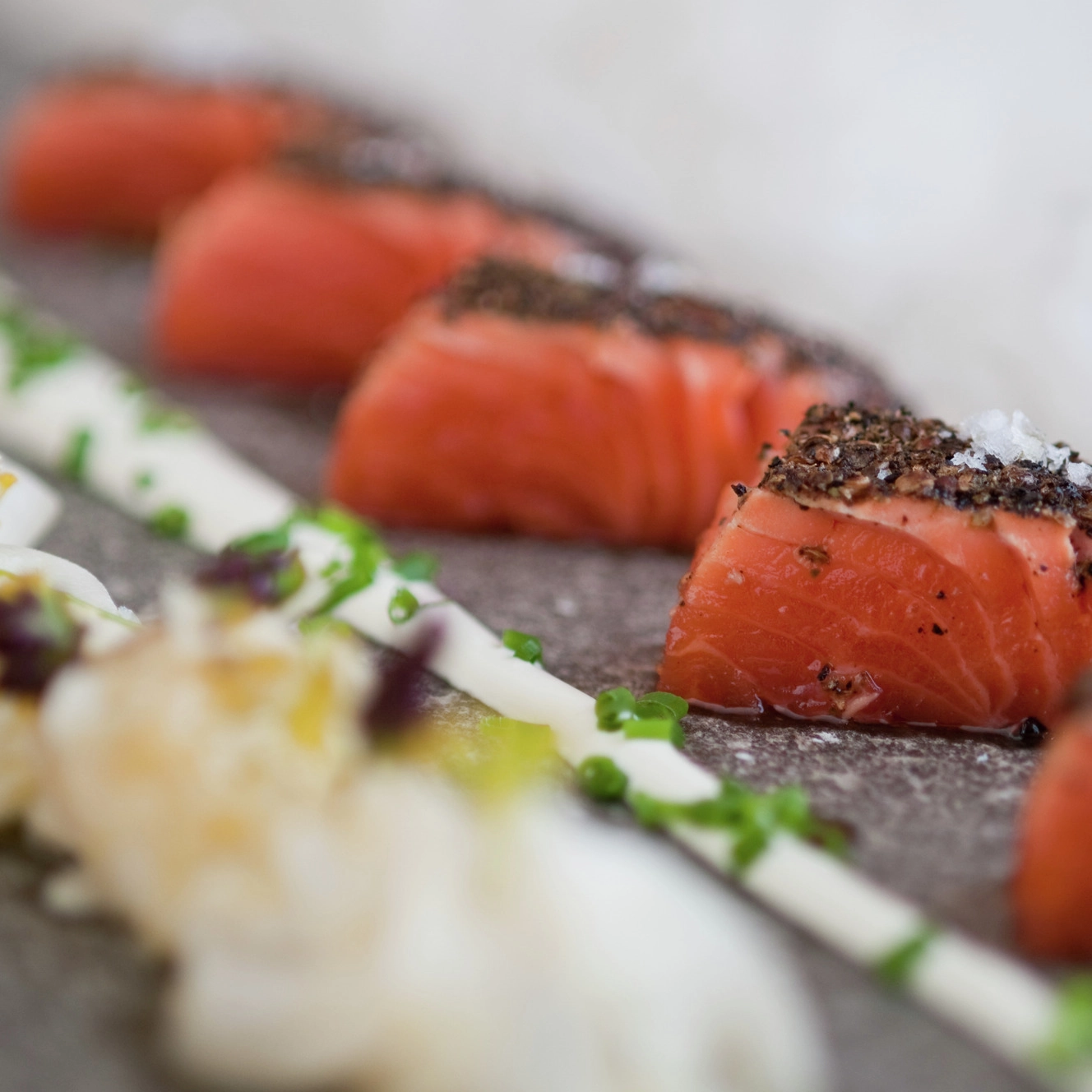
Sustainable eating trends
Norway is already publicly recognized by almost every foodie as being home to some of the tastiest cuisine options in the world, with some truly exquisite national recipes like lutefisk and pinnekjøtt originating in Nordic countries. But what you may not know is that Norway is also a leader in bio-farming and sustainable food production.
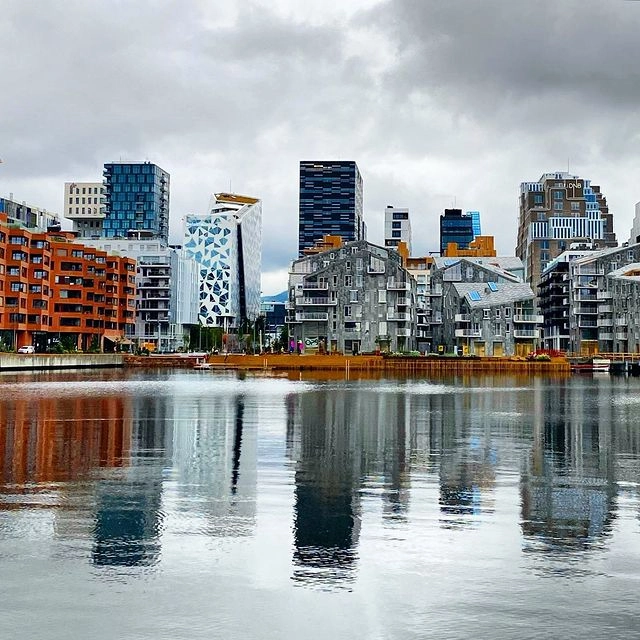
Oslo-European Green Capital 2019
For many years, Norway has been considered one of the greenest countries in the world. This is due to the fact that it takes on so many environmentally-friendly initiatives that are aimed at significantly reducing the country's carbon footprint.

Ecotourism activities in Norway
More and more people are discovering ecotourism and are using it to explore some of the most fascinating destinations throughout Norway and the rest of the world. By 2023, the ecotourism industry is expected to grow to a total worth of over $338 billion, with over half of this growth coming from Europe.

Sustainable travel in Norway
These days, more and more travellers are focused on sustainable travel. People want to experience their dream destinations while minimizing the negative impact on the local environment and community. Fortunately, Norway is one of the most sustainable countries in the world, and plenty of measures have been taken to ensure that travellers can enjoy an eco-friendly Norwegian holiday.

Lofoten: A certified sustainable destination
The beautiful archipelago of Lofoten is located in Norway’s Nordland county and is a certified Sustainable Destination. Resting within the Arctic Circle, Lofoten is full of dramatic scenery with tall mountains, sweeping beaches and unspoiled landscapes. Here’s how you can get the most out of your visit to this beautiful area while making sure you help preserve it for many more generations to come!

Eco-friendly travel with Fjord Tours
Fjord Tours is a sustainable tour operator focusing on reducing the environmental footprints within tourism. We strive daily to make it easy for visitors to Norway to travel and explore in an eco-friendly way!

Sustainability: Keeping our waters clean and clear
Picture perfect, nature’s unadulterated best, untouched paradise...all apt expressions which try to capture the beauty and tranquility that the stunning Norwegian Fjords have to offer. The Norwegian Fjords are not only the home to some of the world’s largest coral reefs and most fertile fishing grounds, but are a gateway to nature.

Sustainable eating trends
Norway is already publicly recognized by almost every foodie as being home to some of the tastiest cuisine options in the world, with some truly exquisite national recipes like lutefisk and pinnekjøtt originating in Nordic countries. But what you may not know is that Norway is also a leader in bio-farming and sustainable food production.

Oslo-European Green Capital 2019
For many years, Norway has been considered one of the greenest countries in the world. This is due to the fact that it takes on so many environmentally-friendly initiatives that are aimed at significantly reducing the country's carbon footprint.
Articles about Norwegian food and cuisine
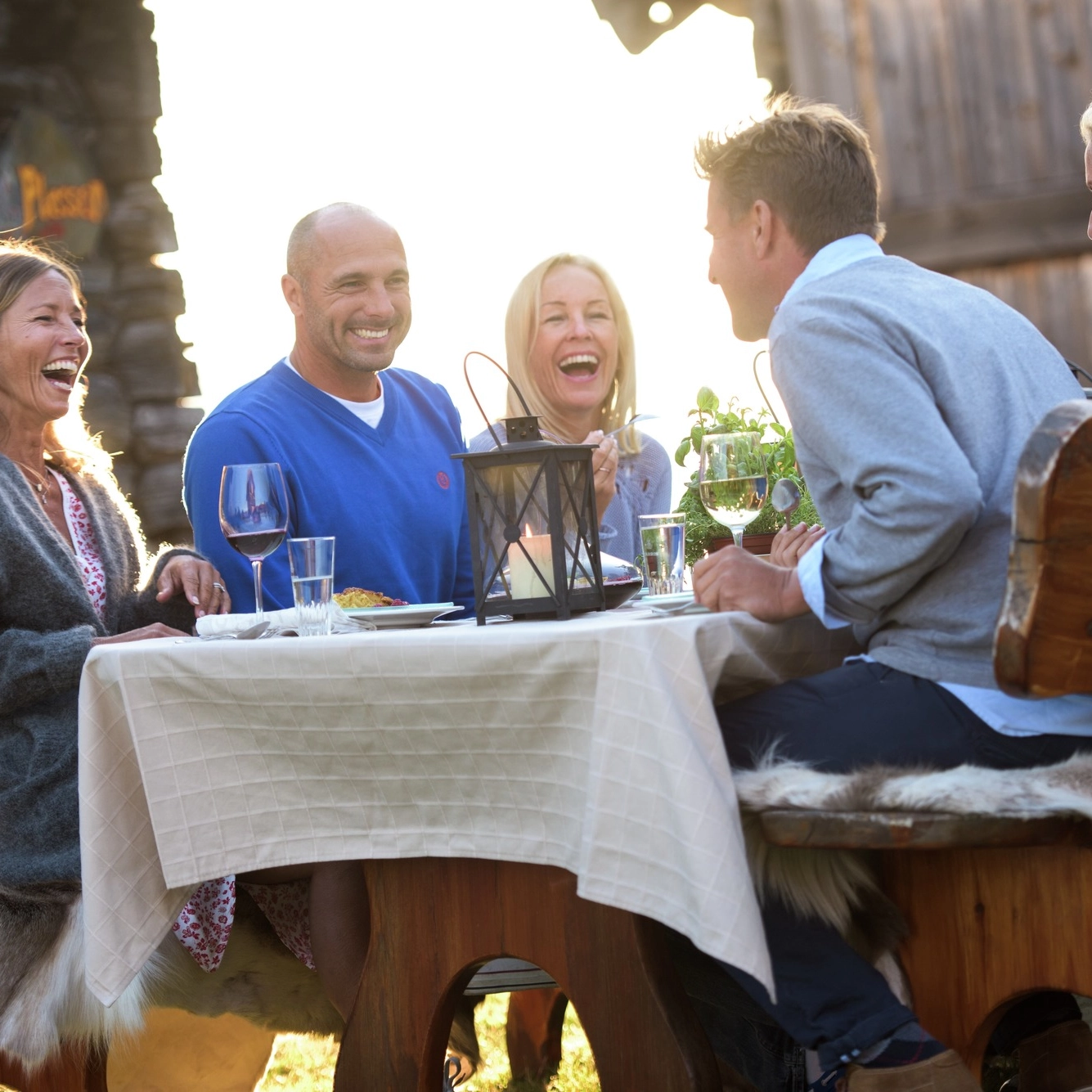
Traditional Norwegian food
Norway has a lot of interesting traditional food, and any travelers visiting Norway would do well to sample some of the local cuisines. Culinary traditions in Norway have been dominated by meat, fish, and seafood that could be hunted or caught. These days the Norwegian food space represents an interesting mix of old and new due to culinary influences from all over the world.
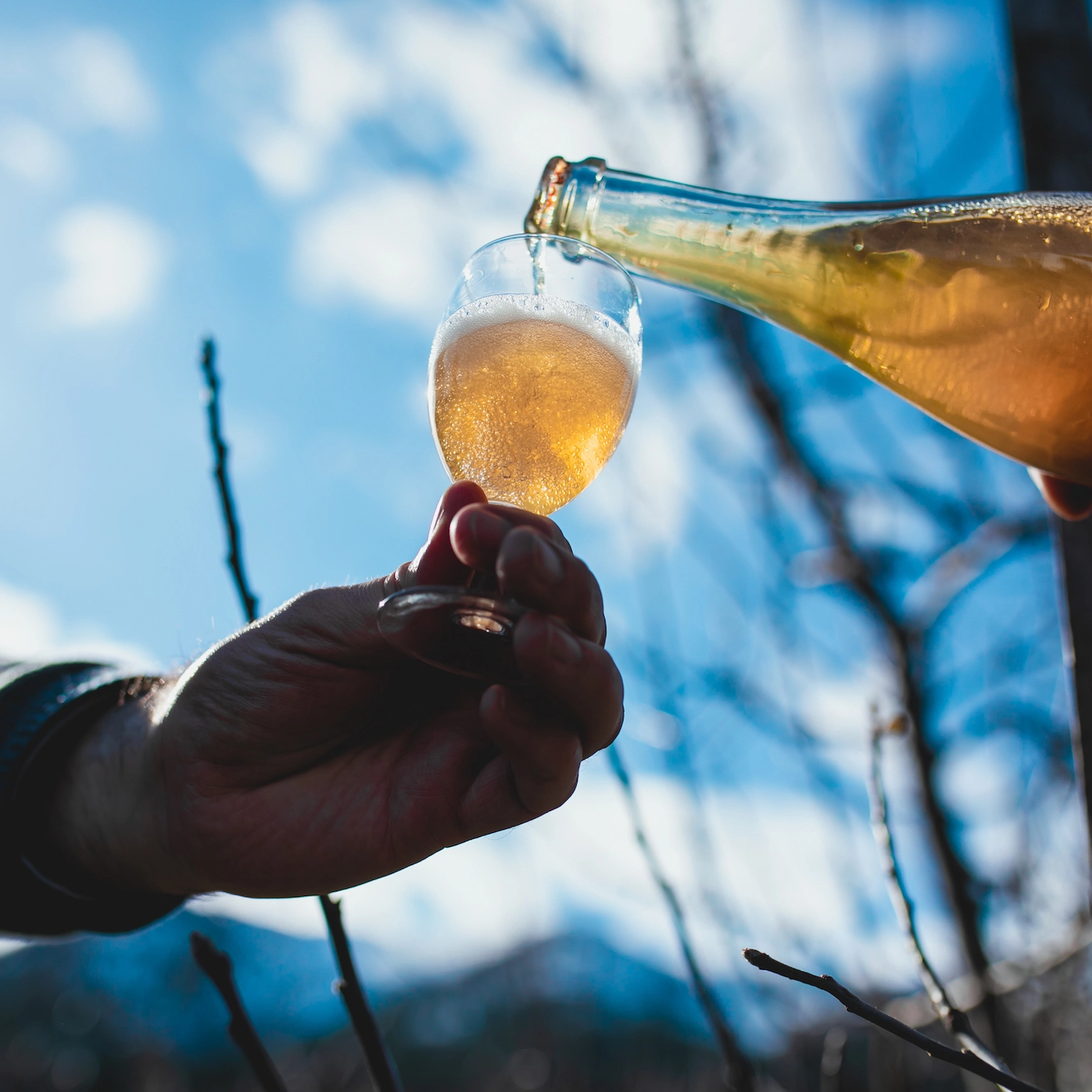
Norwegian cider’s rise in popularity
Cider brewing is a Norwegian custom that dates all the way back to the 13th century. However, once the Vinmonopolet or the Wine Monopoly came into effect, the practice largely died down. Despite this, Norwegians continued to brew cider in their homes and cellars. And now the drink is experiencing a surge in popularity yet again. If you’re a cider lover planning a visit to Norway, here’s everything you need to know!
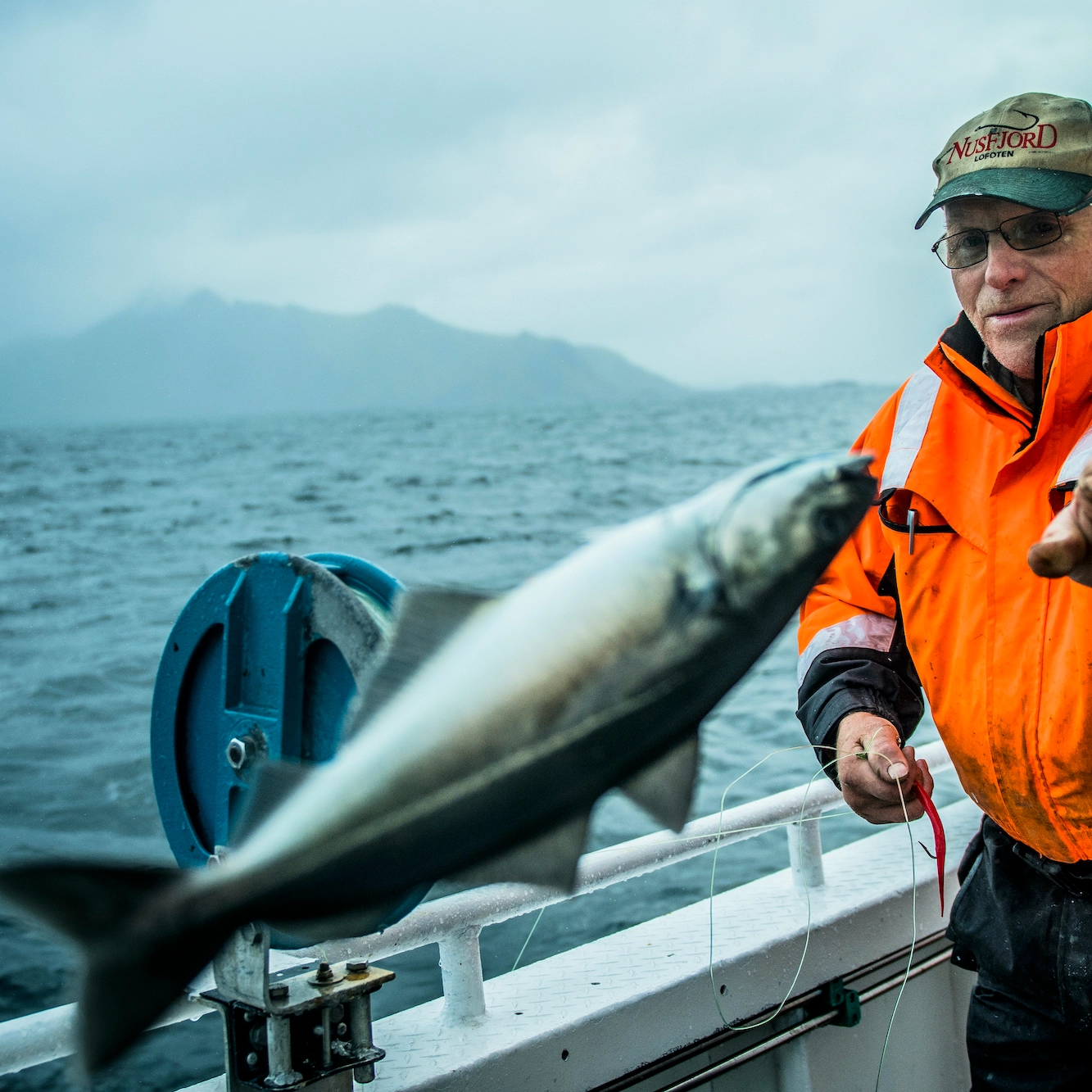
Top 3 Norwegian recipes to try
If you are a foodie or even just a lover of barbecue, then you will definitely want to make sure that you take a trip to Norway to experience the incredible local cuisine in places like Bergen and Røros. To give you a small taste of the kind of culinary experience you will get in Norway, here are three top Norwegian recipes that you can easily make at home.

Sustainable eating trends
Norway is already publicly recognized by almost every foodie as being home to some of the tastiest cuisine options in the world, with some truly exquisite national recipes like lutefisk and pinnekjøtt originating in Nordic countries. But what you may not know is that Norway is also a leader in bio-farming and sustainable food production.

Here's what you'll experience at this record-setting underwater restaurant
There are a lot of fantastic things to experience on land in Norway, but there is a new exciting activity that takes you under the water. At the southern tip of Norway in Lindesnes, you can find the world's largest underwater restaurant.
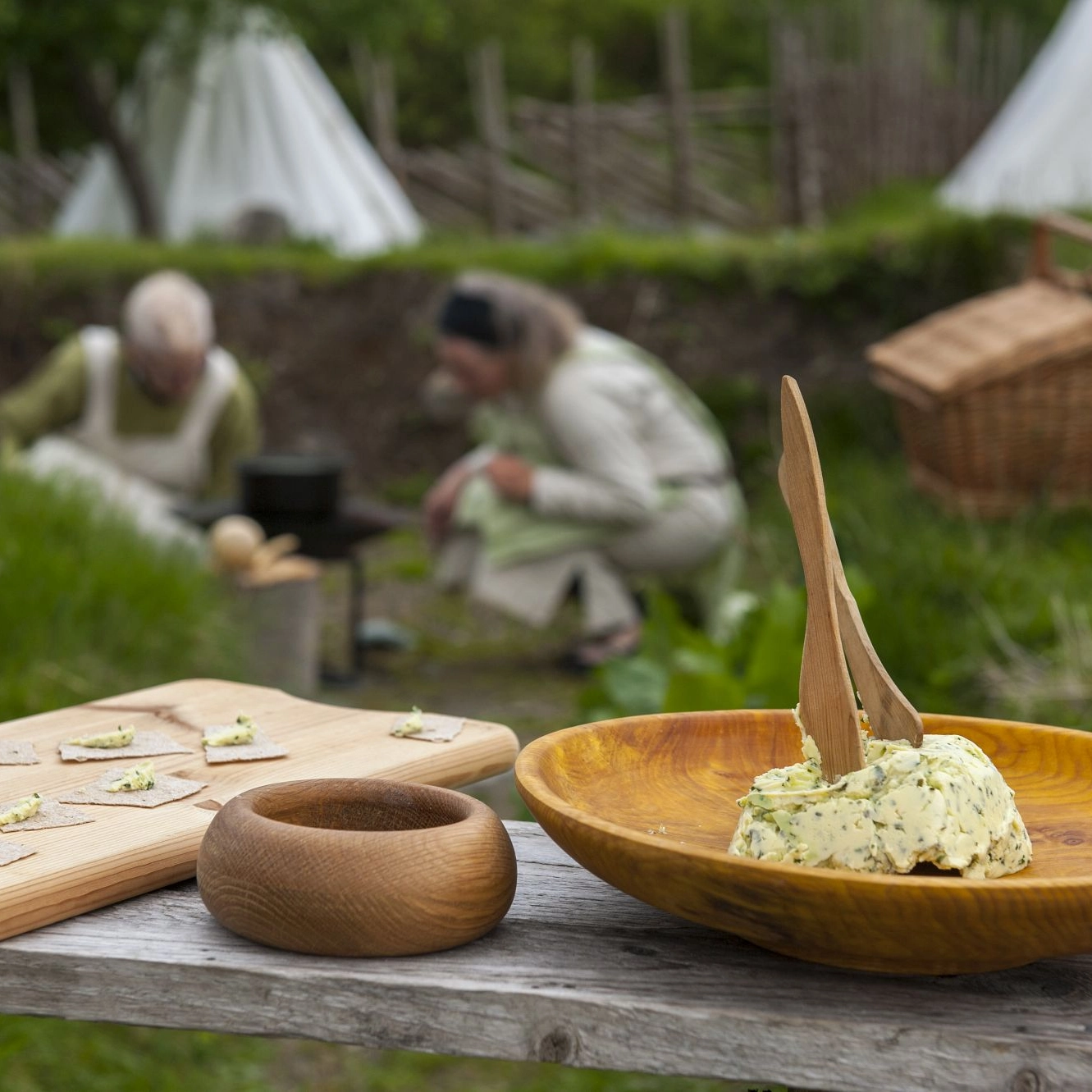
What did the average viking eat?
When your every-day activities include pillaging villages and exploring the impressive fjords in Norway, you are going to need a lot of energy to sustain yourself. This means eating some pretty astonishing meals in order to maintain proper health with such an active lifestyle.
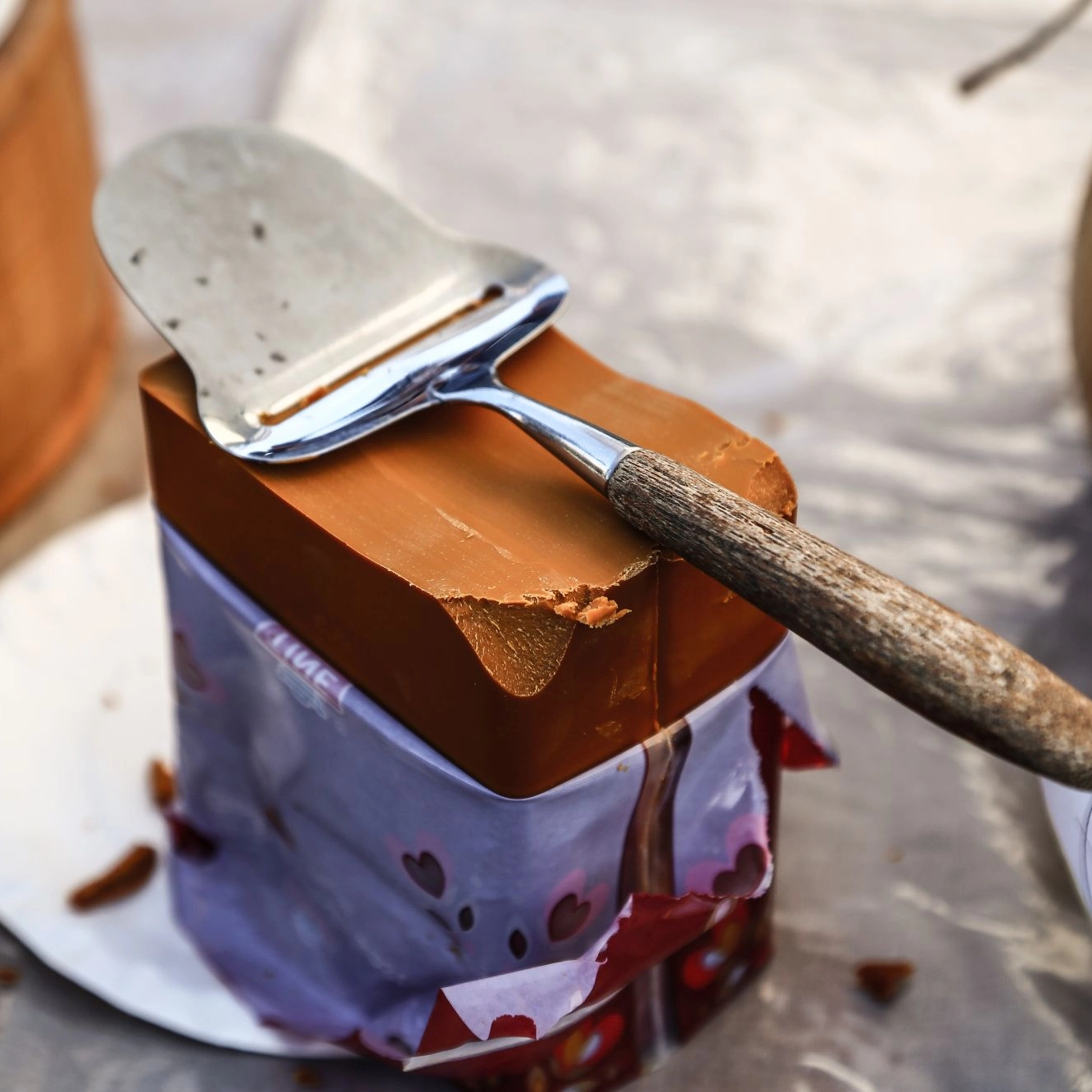
What do you eat with Brunost?
Every culture will have its own set of unique food items that either impress or disgust visitors when they try it upon visiting. Norway is no different and offers an assortment of delicious Norwegian food that is unlike anything that can be found anywhere else in the world. Some of the more common examples include lutefisk and pinnekjøtt.
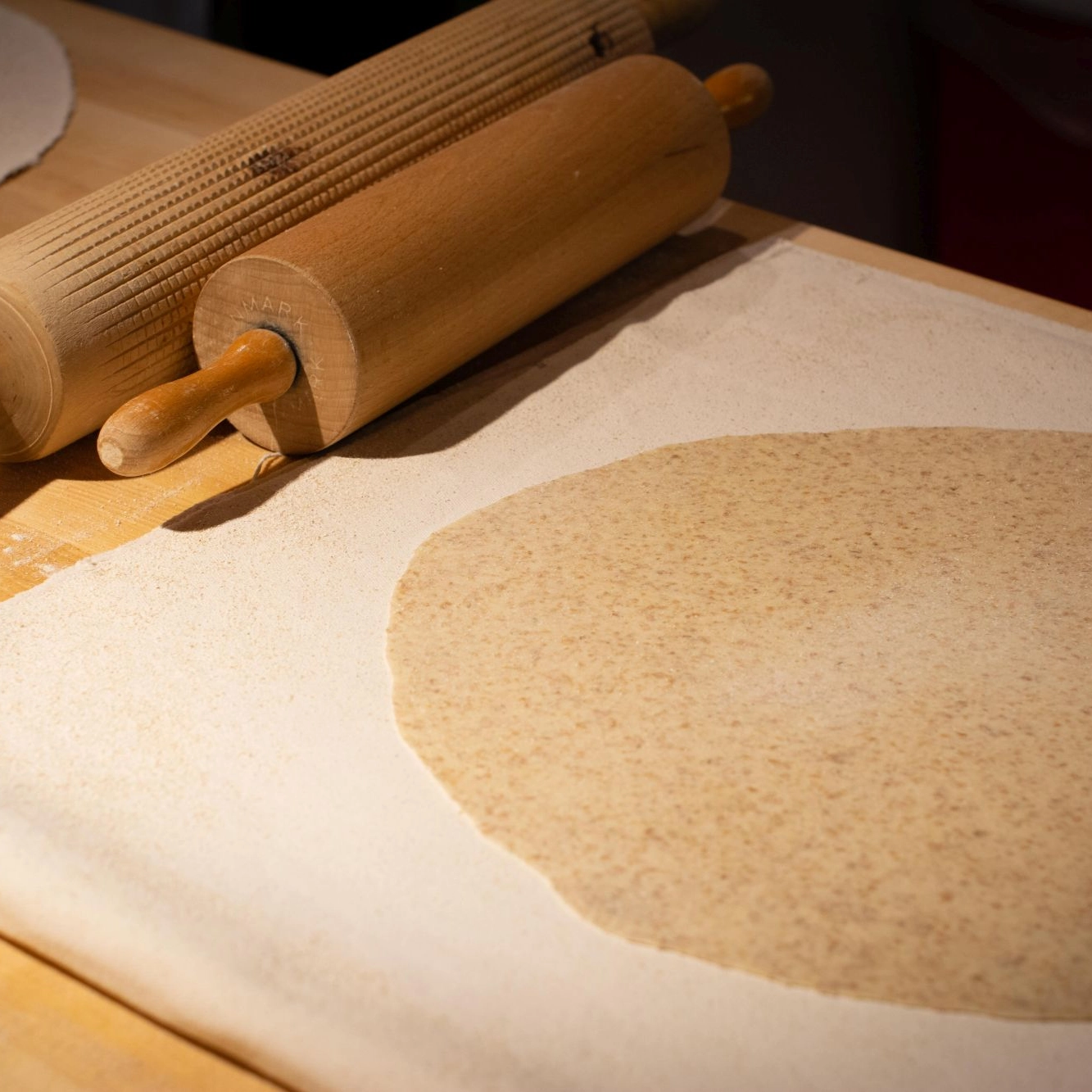
What is lefse?
Whether you’re planning to visit Norway or are just interested in Norwegian culture and tradition, you’ll want to find out more about lefse. Lefse has a long-standing history as a traditional food in Norway, and it remains about as popular today as it was a hundred years ago. Let’s take a closer look at what this tasty, simple food is all about!

Traditional Norwegian food
Norway has a lot of interesting traditional food, and any travelers visiting Norway would do well to sample some of the local cuisines. Culinary traditions in Norway have been dominated by meat, fish, and seafood that could be hunted or caught. These days the Norwegian food space represents an interesting mix of old and new due to culinary influences from all over the world.

Norwegian cider’s rise in popularity
Cider brewing is a Norwegian custom that dates all the way back to the 13th century. However, once the Vinmonopolet or the Wine Monopoly came into effect, the practice largely died down. Despite this, Norwegians continued to brew cider in their homes and cellars. And now the drink is experiencing a surge in popularity yet again. If you’re a cider lover planning a visit to Norway, here’s everything you need to know!

Top 3 Norwegian recipes to try
If you are a foodie or even just a lover of barbecue, then you will definitely want to make sure that you take a trip to Norway to experience the incredible local cuisine in places like Bergen and Røros. To give you a small taste of the kind of culinary experience you will get in Norway, here are three top Norwegian recipes that you can easily make at home.

Sustainable eating trends
Norway is already publicly recognized by almost every foodie as being home to some of the tastiest cuisine options in the world, with some truly exquisite national recipes like lutefisk and pinnekjøtt originating in Nordic countries. But what you may not know is that Norway is also a leader in bio-farming and sustainable food production.

Here's what you'll experience at this record-setting underwater restaurant
There are a lot of fantastic things to experience on land in Norway, but there is a new exciting activity that takes you under the water. At the southern tip of Norway in Lindesnes, you can find the world's largest underwater restaurant.

What did the average viking eat?
When your every-day activities include pillaging villages and exploring the impressive fjords in Norway, you are going to need a lot of energy to sustain yourself. This means eating some pretty astonishing meals in order to maintain proper health with such an active lifestyle.

What do you eat with Brunost?
Every culture will have its own set of unique food items that either impress or disgust visitors when they try it upon visiting. Norway is no different and offers an assortment of delicious Norwegian food that is unlike anything that can be found anywhere else in the world. Some of the more common examples include lutefisk and pinnekjøtt.

What is lefse?
Whether you’re planning to visit Norway or are just interested in Norwegian culture and tradition, you’ll want to find out more about lefse. Lefse has a long-standing history as a traditional food in Norway, and it remains about as popular today as it was a hundred years ago. Let’s take a closer look at what this tasty, simple food is all about!